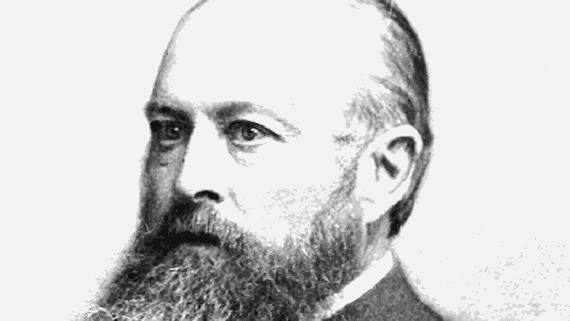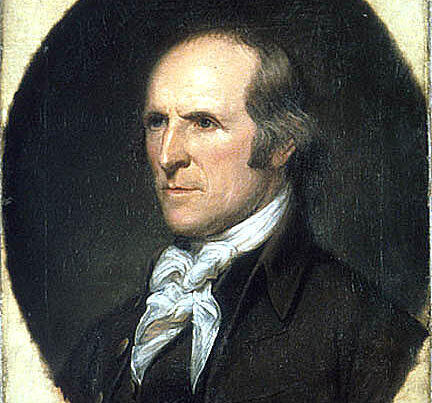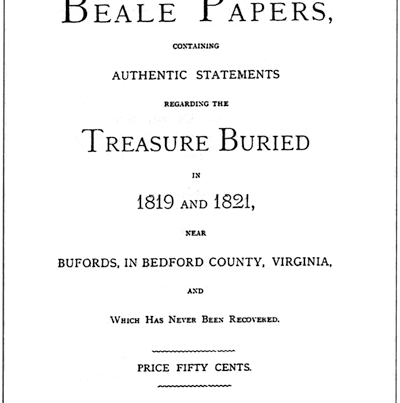“I saw in State Rights the only availing check upon the absolutism of the sovereign will, and secession filled me with hope, not as the destruction but as the redemption of Democracy….Therefore I deemed that you were fighting the battles of our liberty, our progress, and our civilization; and I mourn for the stake which was lost at Richmond more deeply than I rejoice over that which was saved at Waterloo.”
–English Philosopher Lord John Dahlberg Acton, in a letter to Robert E. Lee, 1866
I get asked with some regularity why it is that I am so focused on the “civil war.” After all they say, “it has been over for well over 100 years.” One well intended friend even compared its relevancy in the modern era to the potato famine. It is a recurring theme in modern society to think that the state of the country just magically got to where it is over night. Everything was fine until the last election and then it all just went downhill. “We’ll get our guys in next go around, and all will be back on track.” To say the least, this is shortsighted in the extreme.
I harp on the relevance of the War to Prevent Southern Independence because it can be argued that it was the most pivotal event in US history since ratification of the Constitution. In fact, one could look at it as a continuation of that process, whereby those who wanted an all-powerful central government were finally victorious. The argument between Alexander Hamilton and Thomas Jefferson reached the point of armed conflict. What the Federalists failed to establish in Philadelphia was established in 1865. What was lost by process of verbal debate and persuasion was instituted at the point of a gun.
Certainly there were men other than Abraham Lincoln–Thaddeus Stevens and William Seward, for example–who had designs on writing into the governing system what nationalists failed to achieve in 1787. The courts additionally played more than a significant role in chipping away at what the ratifiers had adopted. But in 1861, these efforts reached a point of bellicosity that I believe has remained unmatched, before or since, even by the courts.
It could be asserted that due to the outcome at Appomattox, the foundation was paved which led directly to a government that no longer recognizes any restraints or limitations of its own power. The outcome of Lincoln’s war shredded the 9th and 10th Amendments and effectively negated by force of arms the ability, or at least the will, of the States to, as Madison said was their duty, “interpose for arresting the progress of evil” when the general government assumed undelegated authority. The greatest bulwarks against government overreach, the States, were rendered impotent. And add to that the years (decades?) of reconstruction and the amendments that were thrust onto an unwilling populace, and the Union of the founding generation is dead and buried.
These were achieved by blatant coercion. And so it began that what the most monarchical factions of the Federalist movement had failed to achieve in selling the constitution to the States was now put into place. Lincoln is remembered, praised an exalted as the man who freed the slaves, saved the union and set into motion a government that would bring about equality. The problem is, none of this is true. More correctly, he should be remembered as the President who set the stage for the “reconstruction” of the entire governing system into a model that was precisely what its framers and ratifiers hoped to prevent.
While Northern victory ostensibly saved the geographical union, it destroyed its founding philosophy, reversed the relationship between the States and the general government, paved the way for the “progressive” era some 30 years later, and set the wheels into motion that would place us back on the path towards some ancient form of tyranny that the Jeffersonians wisely sought to avoid. Are the events of the 1860s still relevant today? I fail to see how anyone could possibly suggest otherwise.







